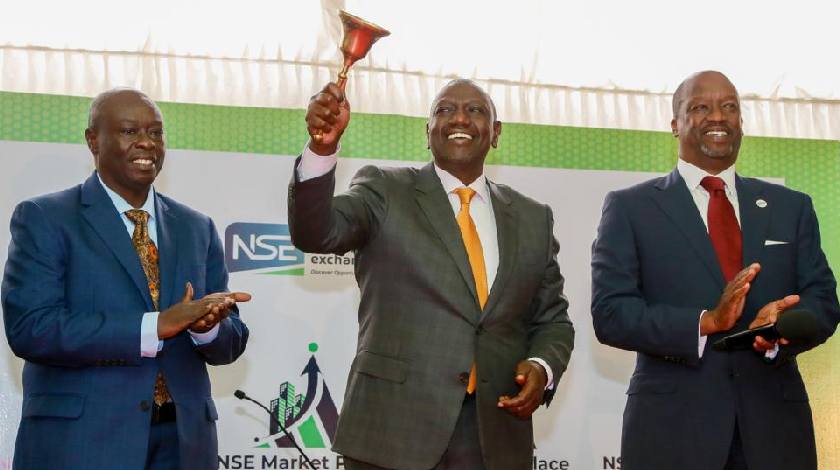Becoming a trading participant on the Nairobi Securities Exchange (NSE) is a structured process that requires compliance with various regulatory and procedural requirements. Whether you’re a financial entity looking to expand your services or an investment firm interested in trading on one of Africa’s most prominent stock exchanges, this guide will walk you through the steps required to achieve that goal.
1. Seek a No Objection from the NSE
The first step towards becoming a trading participant on the NSE is to seek a “No Objection” from the Exchange. This is a crucial requirement under Regulation 15 (10) of the Capital Markets (Licensing Requirements) (General) Regulations, 2002. The No Objection certificate indicates that the NSE has no issue with your firm applying for a license from the Capital Markets Authority (CMA).
2. Apply for a License from the Capital Markets Authority (CMA)
After obtaining the No Objection from the NSE, the next step is to formally apply for a license from the CMA. This step is governed by Regulations 14, 15, and 16 of the Capital Markets (Licensing Requirements) (General) Regulations, 2002. The license categories eligible for trading participants include stockbrokers, dealers, investment banks, and authorized securities dealers.
3. Admission as a Trading Participant
Once you have received your license from the CMA, you can apply for admission to the NSE as a trading participant. This step involves complying with the NSE Market Participant Rules, 2014, which outline the qualifications and documentation required for admission.
i. Qualification for Admission
To qualify for admission as a trading participant, your firm must:
- Be a body corporate.
- Hold a valid license from the CMA in an eligible category (e.g., stockbroker, dealer).
- Pay the Market Access Fee as prescribed by the NSE Board and approved by the CMA.
- Attain certifications as may be required by the NSE Board or CMA.
ii. Application Requirements
Your application must include detailed information about your firm’s operating systems, business procedures, ownership structure, and board composition. Key points to address include:
- Operating systems and business procedures in place.
- Financial statements and beneficial ownership details.
- A statement confirming no ownership in other trading participants.
- Compliance arrangements with the Central Depository and Settlement Corporation (CDSC).
- Subscription to required insurance policies like Professional Indemnity Cover.
- Disclosure of any multiple licenses held and potential conflicts of interest.
- Copies of risk manuals, operations procedures, and a code of ethics.
iii. Required Documents
The following documents must be submitted with your application:
- A duly signed application letter to the NSE.
- Payment of the application fee (Ksh 25,000,000) and annual subscription (Ksh 100,000).
- Certified copies of your Certificate of Incorporation, Memorandum and Articles of Association, and the license issued by the CMA.
- Any other documents reasonably required by the NSE.
4. Admission into the Official List of the Exchange
After submitting the required documents and paying the Market Access Fee, the NSE will review your application. Upon satisfaction with the information provided, your firm will be officially admitted as a trading participant on the NSE. This admission grants you the full benefits accorded to trading participants, allowing you to actively trade on the exchange.
Conclusion
The process of becoming a trading participant on the NSE is detailed and requires strict adherence to regulatory requirements. From obtaining a No Objection from the NSE to securing a license from the CMA and submitting the necessary documents, each step is vital in ensuring that your firm is fully compliant and ready to operate within Kenya’s dynamic capital markets.
By following these guidelines, your firm will be well-positioned to capitalize on the opportunities available on the Nairobi Securities Exchange, contributing to the growth and vibrancy of Kenya’s financial markets.





